PROGRAMME - keynote speakers
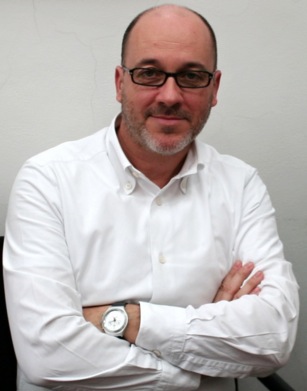
WHEN FLAVOR TURNS INTO COLOR: NEW INSIGHTS ON (ETHYL)VANILLIN CHEMISTRY IN FOODS
Marco Arlorio, Università del Piemonte Orientale A. Avogadro, Novara, Italy
Marco Arlorio is currently Professor of Food Chemistry at Dipartimento di Scienze del Farmaco, Università del Piemonte Orientale (Novara, Italy); Chair of the Food Chemistry Inter-Divisional Group of Italian Chemical Society (GICA- SCI, Rome); Chair of the Food Chemistry Division, EuCheMS (European Association for Chemical and Molecular Sciences Bruxelles). Main research interests are focused on food quality and food safety assessment, particularly regarding the developing of new analytical methods and new strategic approaches dedicated to the food profiling and characterization. Principal fields of interests are: food authenticity and analytical traceability; detection/tracking of hidden ingredients in food (mainly allergens); bioactive compounds in food/food ingredients (particularly antioxidant polyphenols); ingredient design (particularly regarding the valorisation of by-products and food wastes); stability of food ingredients and shelf life; thermal impact and neo-formed compounds in foods.
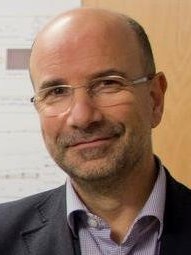
TRANSGLYCOSYLATION REACTIONS, A MAIN MECHANISM OF PHENOLICS INCORPORATION IN COFFEE MELANOIDINS AND THEIR INHIBITION BY MAILLARD REACTION
Manuel A. Coimbra, University of Aveiro, Aveiro, Portugal
- Associate Professor at the Department of Chemistry of University of Aveiro. BSc in Biochemistry (University of Porto, 1985) and PhD in Food Biochemistry (University of Aveiro, 1993). Habilitation in Chemistry ((University of Aveiro, 2003).
- Professor of Biochemistry and Food Chemistry, and Polysaccharides Chemistry. Supervisor of 6 Post-Doc students, 18 PhD students with completed thesis, and 56 MSc students.
- Regular collaboration with food industry.
- Editor of Carbohydrate Polymers (Elsevier, IF2015=4.219).
- President of Additives and Food Chain Contaminants Panel in the aim of the Scientific Council of Portuguese Economic and Food Safety Authority (ASAE).
- Authorship of 4 Patents, 191 Papers (h=37), 2 Books, and 17 Book Chapters.
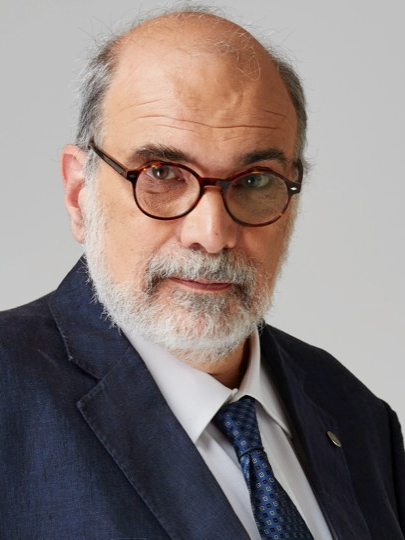
MINOR COMPOUNDS AS MARKERS OF PURITY AND QUALITY OF EDIBLE FATS AND OILS: RECENT DEVELOPMENTS
Lanfranco Conte, University of Udine, Udine, Italy
Full professor of Food Chemistry at University of Udine since 1992, previously he worked for ten years at Food Fraud Detection of Ministry of Agriculture of Italy, form 1982 to 1992, while from 1973 to 1982, he worked as laboratory technician at University of Bologna (lipochemistry group). Head of Dept. of Food Science of University of Udine in 2000-2003 and 2013-2016. From 1993 to 2011 he had been chairperson of Olive Oil Chemist Expert group at UE, DG AGRI, nowadays he is Italian delegate within that group, he also is member of the Olive oil chemistry group of International Olive Council and of the Italian Technical Committee for Fats and Oils and of the Group edible fats and oils of UNI (Italian corresponding body of ISO). L. Conte had been Italian Delegate at several Codex Alimentarius Fats and Oils Commission and in 2011-2012 member of an EFSA WG on Previous Cargoes. L. Conte is author or co-author of about 200 papers on scientific journals, dealing with development and validation of methods suitable to assess purity and quality of fats and oils and other food lipids. From 2010, L. Conte is chairperson of Italian Society for Researches on Fats and Oils.
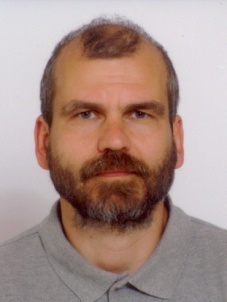
FLAVOUR GENERATION UPON FOOD PROCESSING - REVEALING THE REACTION PATHWAYS IN COMPLEX FOOD SYSTEMS
Tomas Davidek, Nestlé Product Technology Centre Orbe, Nestec Ltd., Orbe, Switzerland
- Food Chemist
- Graduate of Prague Institute of Chemical Technology, Department of Food Chemistry and Analysis
- Working for Nestle since 1990 mainly at R&D in different countries including France, Czech Republic and Switzerland
- Currently working at Nestle Product Technology Centre Orbe in Switzerland which is part of Nestlé R&D network
- Specialised in the Maillard Reaction, namely in flavour generation and characterization
- Main focus areas include understanding the impact of recipe & process parameters on the flavour generation upon thermal food processing (e.g. extrusion, roller drying and roasting); elucidation of the reaction pathways and characterisation of the molecular fingerprint of generated flavours
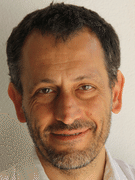
CHEMICAL REACTIONS IN COOKED FOODS: THE CONSEQUENCES ON DIGESTIBILITY
Vincenzo Fogliano, University of Wageningen, Wageningen, Netherlands
I’m a food scientist. After 20 years of career at the University of Naples as professor in Biochemistry, Food Chemistry and Functional Foods, from 2013 I became chair of the Food Quality & Design group at Wageningen University. I’m authors of more than 270 publications on indexed journals covering many aspects of Food science. These papers received more than 11.000 citations and I have an h-index of 60. I’m one of the few food scientists constantly listed in the Thomson Reuter list of the “Highly Cited” from 2013 www.highlycited.com. The focus of my research is on the design of innovative healthy foods adopting a chain perspective from the selection of raw materials, through processing and formulation up to the physiological functionality and consumer behavior. I’m well known at international level for the studies on the modification induced by food cooking and in particular for the compounds formed through Maillard Reaction.
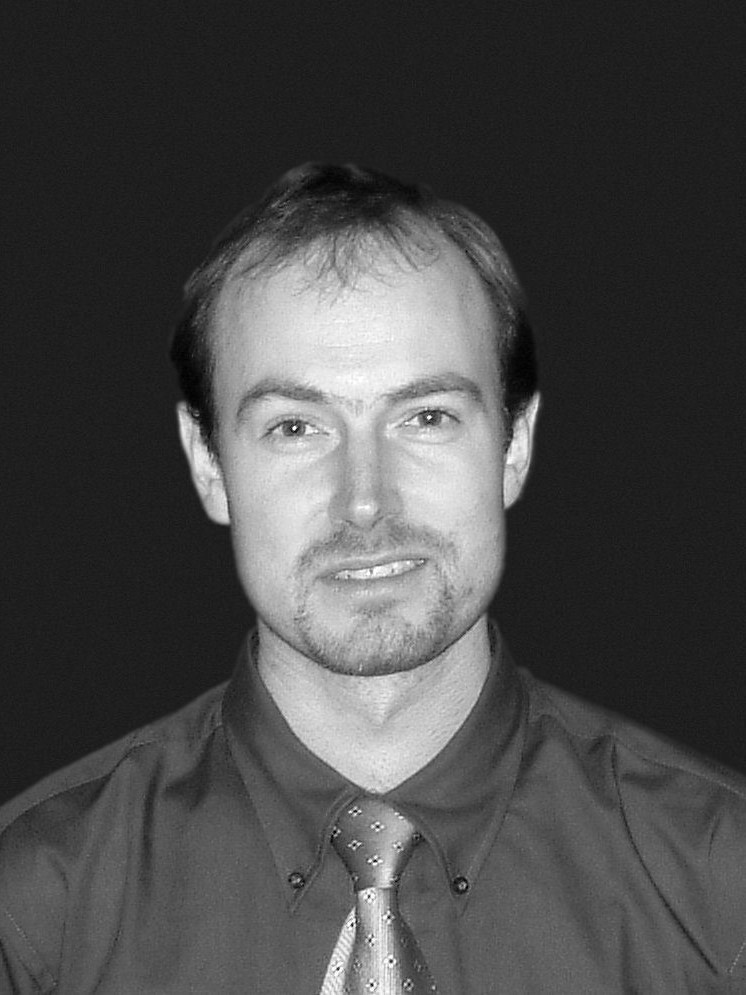
FORMATION AND ANALYSIS OF DESIRED AROMA-ACTIVE AND UNDESIRED FOOD-BORNE TOXICANTS DURING FOOD PROCESSING
Michael Granvogl, Technical University of Munich, Freising, Germany
- Associate Professor at Chair for Food Chemistry (Technical University of Munich, Germany) with 2 Post-docs and 8 PhD students Vice-Chair of Food Safety subdivision of Agricultural and Food Chemistry Division (AGFD) within the American Chemical Society (ACS)
- 2011-2016: President of the German Food Chemists, section of Bavaria; member of the German Food Chemistry Society within the German Chemist's Society
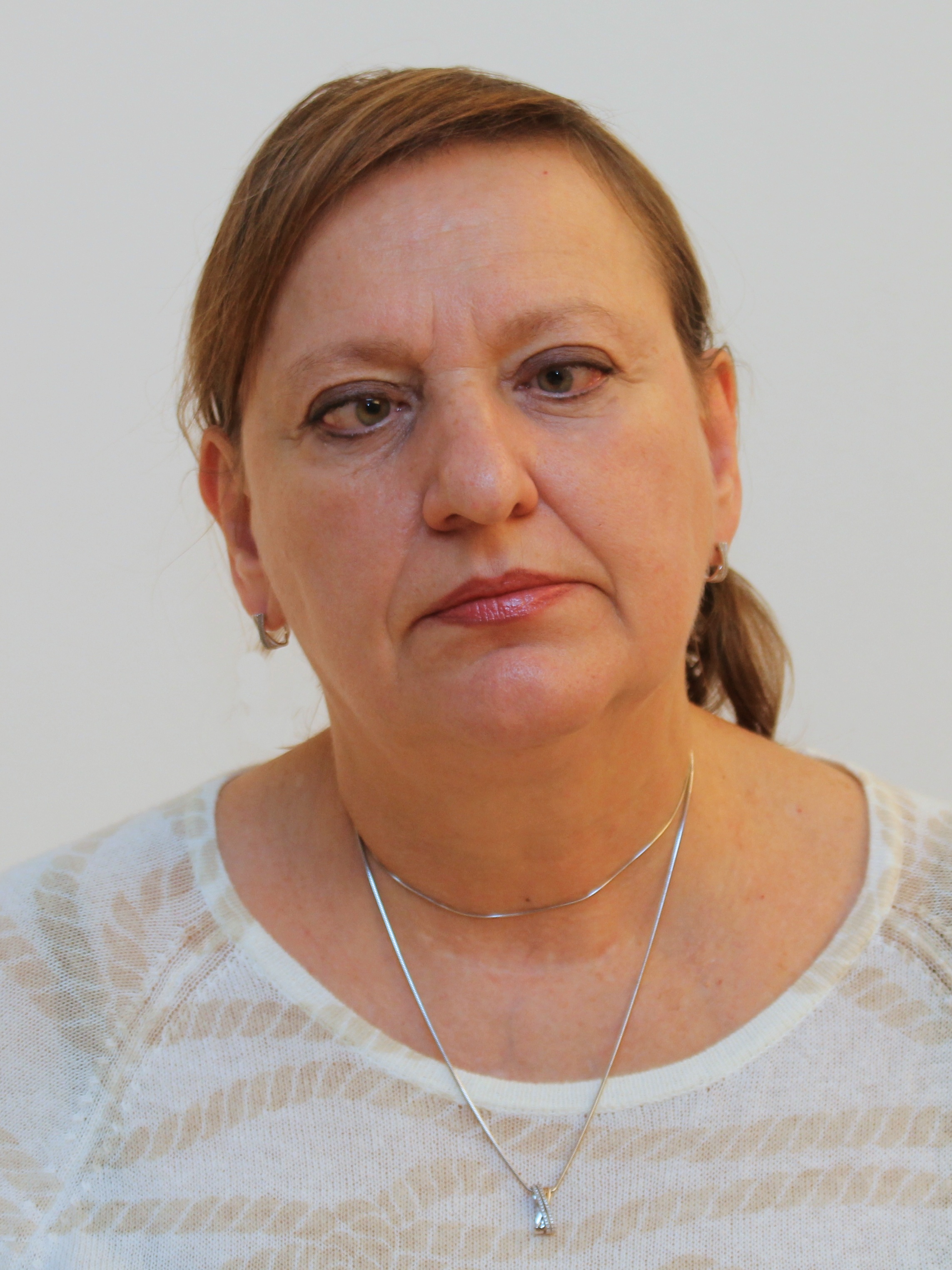
COLD PRESSED OILS: MORE UNDERSTANDING OF THE CHEMISTRY BEHIND NEEDED
Jana Hajslova, University of Chemistry and Technology, Prague, Czech Republic
Prof Jana Hajslova is the head of the Department of Food Analysis and Nutrition, University of Chemistry and Technology, Prague (UCT Prague) and chairs Accredited (ISO17025) Laboratory ´Food Quality and Safety´. She is a widely recognized expert in the field of food / environmental chemistry and analysis; she has published more than 250 original papers on development of advanced analytical strategies of contaminants, residues, natural toxins and other biologically active compounds, authentication and metabolomics. Her research team has participated in many international and national projects at both research and management levels, including the EC 5-7th Framework Programme, several COSTs and EEA grants. Prof Hajslova together with her PhD students has been involved in various bilateral international research activities; under her supervision, close collaboration with many world-renowned institutions, such as WHO, FAO, USDA and the European Commission’s Joint Research Centre has been established. Currently she is the Czech Republic delegate in HORIZON 2020 SOCIETAL CHALLENGE 2: ´Food Security, Sustainable Agriculture and Forestry, Marine and maritime and inland water research and the Bioeconomy´ committee. As the chairwomen, she had a key input in establishing a series of very reputable international symposia ´Recent Advances in Food Analysis´ series in 2003-2017.
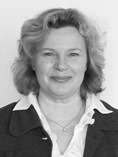
PROTEIN OXIDATION IN FOODS
Marina Heinonen, University of Helsinki, Helsinki, Finland
Prof. Marina Heinonen has a chair as Professor of Food Safety (Chemical Food Safety). Previously she has held a position as Professor of Functional Foods for a 5-year term (2002-2007). Since 1990, she has held a teaching position in food chemistry. She earned her doctoral degree in Food Science (Food Chemistry) at the University of Helsinki in 1990 after having completed the degrees of M.S. (Food Science & Nutrition) in 1988 at the University of Rhode Island, USA and M.Sc. (Food Chemistry) in 1986 at the University of Helsinki. In 2007-2012 she has been a member of the Research Council for Biosciences and Environment at the Academy of Finland. She has served as an evaluator for research grants at the European Research Council in 2010-2015 and again in 2017. Her ongoing international activities include scientific expert membership since 2004 at the European Food Safety Authority (EFSA) NDA Panel and its working groups on health claims and novel foods. She has been an active board member of the Nordic LipidForum since 1993 until 2013. She has also served as the vice director of the Department of Food and Environmental Sciences in charge of matters dealing with societal impact and interaction. She has published ca. 100 scientific papers in addition to participation in more than 400 scientific opinions in the EFSA Journal. Apart from carrying out scientific research she takes an active interest in expressing opinions in the public media concerning chemical food safety and health beneficial effects of foods. Her research interest include:
- chemical food safety: reactions in foods
- protein oxidation and protein-lipid interactions
- functional properties of plant phenolics
- action of natural antioxidants such as phenolic compounds and carotenoids
- food composition: flavonoids, phenolic acids, carotenoids, tocopherols, tocotrienols, fat and fatty acids
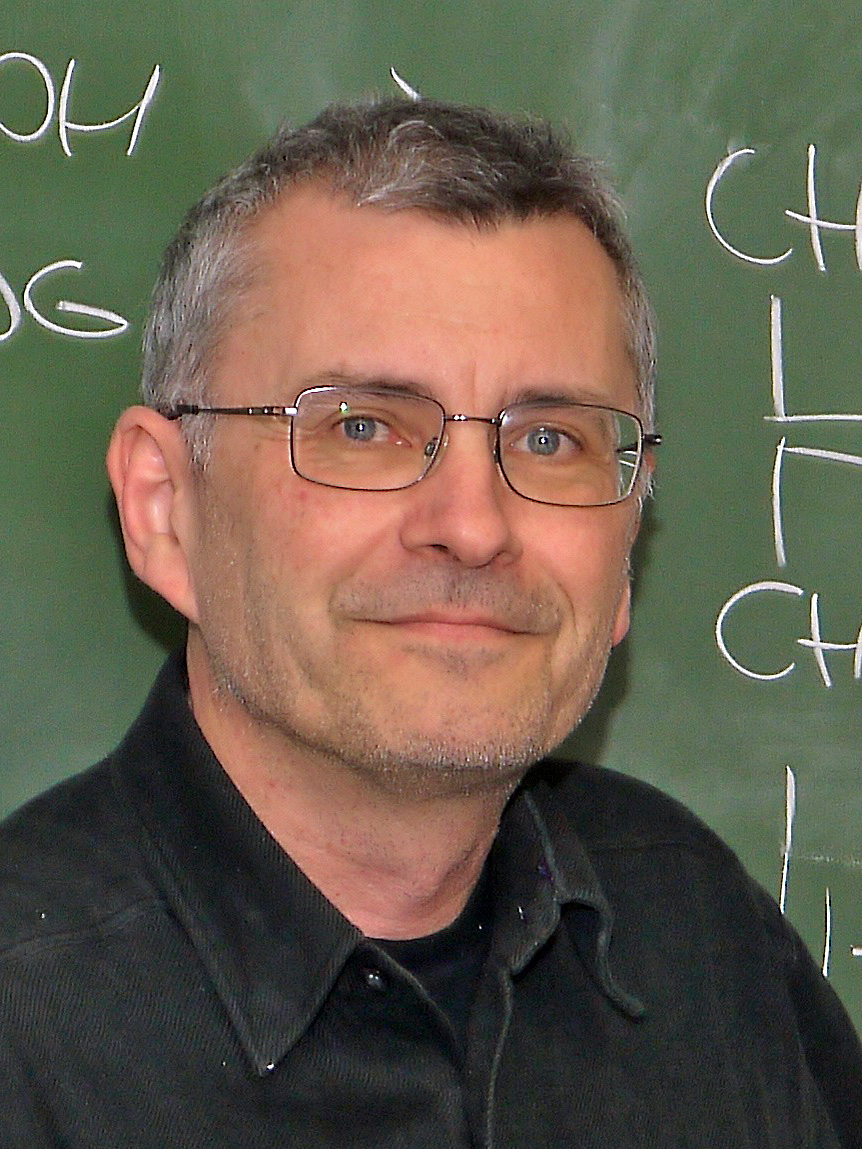
CASEIN AND CASEIN MICELLES: STRUCTURES, FUNCTIONS, FUNCTIONALIZATION
Thomas Henle, Technische Universität Dresden, Dresden, Germany
Prof. Thomas Henle received his PhD in 1991 and his habilitation in 1996 from Technische Universität München. Since 1998, he is full professor and head of the Institute of Food Chemistry, Technische Universität Dresden, Germany. He was president of the German Society of Food Chemistry from 2005 to 2010. His research group is working on chemical reactions of proteins, carbohydrates and lipids (glycation and lipation reactions) and related bio- and technofunctional consequences. Further research interests are nanoscaled materials in foods (e.g. casein micelles), bioactive compounds and high-pressure treatment of food. Prof. Henle is editor-in-chief of the journal “European Food Research and Technology” and has authored and co-authored ca. 200 peer reviewed papers.

LIPID OXIDATION REACTIONS IN FAT-RICH FOODS: IS THE CURRENT ANALYTICAL TOOLBOX SUFFICIENT?
Hans-Gerd Janssen, Unilever Research and Development, Vlaardingen, Netherlands
Prof. Hans-Gerd Janssen studied chemical Engineering at the Eindhoven University of Technology, where he obtained his MSc Diploma (fast GC, 1987, cum laude) and PhD. Degree (Supercritical-Fluid Chromatography, 1991). He joined the Eindhoven University as an assistant/associate professor in 1991. Prof. Janssen joined Unilever in 1999 to become group-leader chromatography and mass spectrometry. He has been, or is, active as a board member in several national committees including the Section for Analytical Chemistry of the Royal Dutch Chemical Society (KNCV) and the working group Separation methods of the KNCV. He also is active in several international scientific and organising committees for symposia and meetings and he is a member of the editorial board of several journals including the Journal of Chromatography. In 2004 Hans-Gerd was appointed part-time professor Analytical Separations at the University of Amsterdam. His research focuses on the development of new chromatographic and chemometrics methods for the analysis of complex food and biomedical samples. He has more than 180 publications in the area of chromatography, mass spectrometry, metabonomics and food analysis.

TECHNICAL REGULATORY DEVELOPMENTS: ACRYLAMIDE, 3-MCPD, 2-MCPD AND GLYCIDYL FATTY ACID ESTERS AS WELL AS FURAN - AN INDUSTRY PERSPECTIVE
Beate Kettlitz, FoodDrinkEurope, Brussels, Belgium
Beate Kettlitz joined FoodDrinkEurope in April 2005. She is Director for Food Policy, Science and R&D and deals with food safety and food science related issues as well as relevant R&D projects to FoodDrinkEurope. She is also responsible for the support of the European Technology Platform (ETP) 'Food for Life'. She has a background in food chemistry and is an expert on technical regulatory matters in the food chain. With the involvement in the ETP FoodforLife both academia, food industry and other stakeholders identify research needs, which ideally lead to innovation, leading to the enhancement of competitiveness. She was also food policy adviser at the European Consumers’ Organisation (BEUC). Prior to that, she held positions in industry and in German local authorities. Before moving to industry, she reached the position of head of department at the Regional Hygiene Institute of Potsdam (DE).
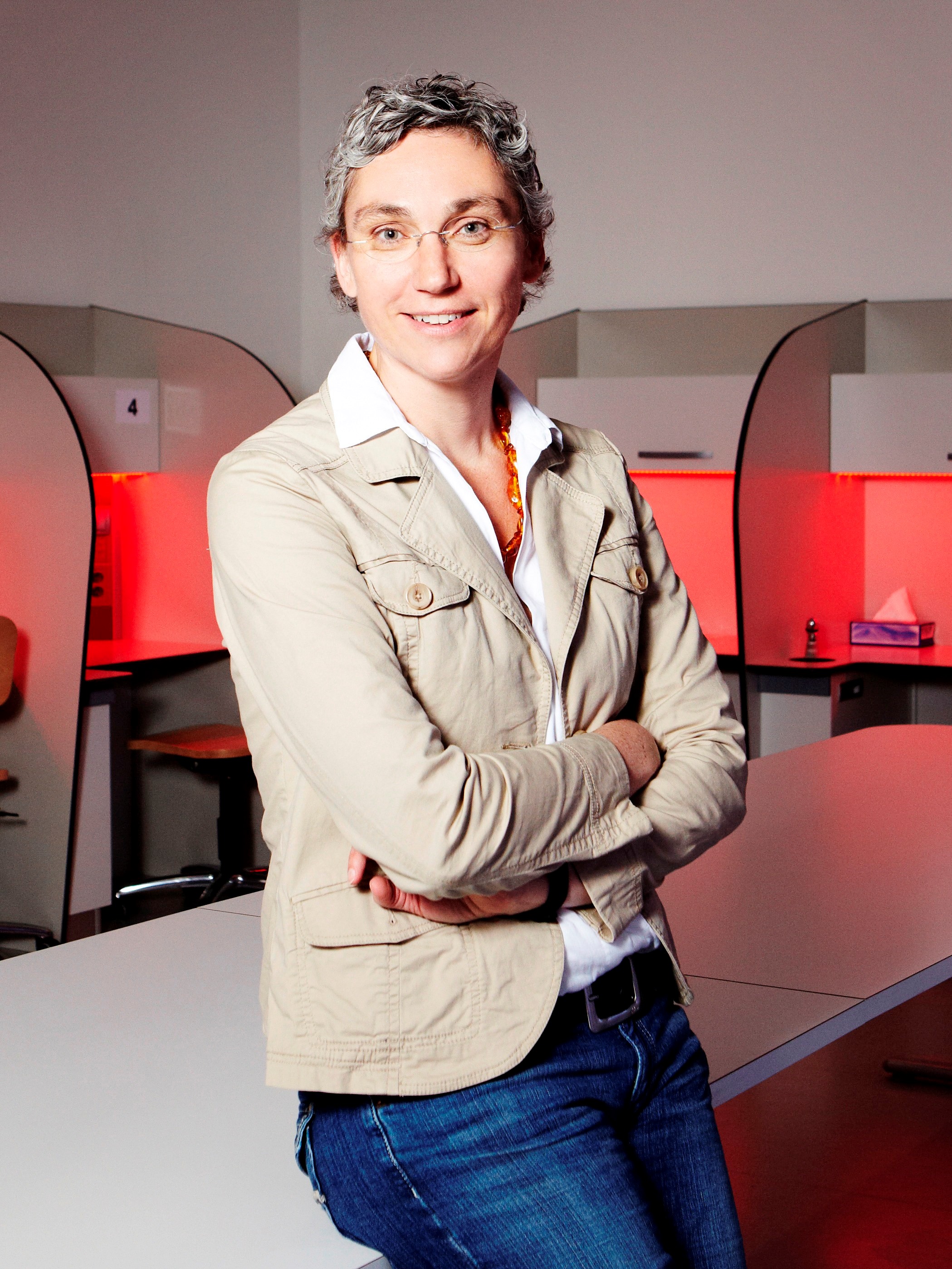
NEW INSIGHTS INTO FRUIT CULTIVATION AND PROCESSING BASED ON PRODUCT FLAVOUR
Barbara Siegmund, Graz University of Technology, Graz, Austria
Barbara Siegmund is a trained analytical chemist and achieved her university grades at Graz University of Technology. She achieved her master in chemistry (with distinction). She moved into the food chemistry field with her PhD thesis (completed with distinction) and also achieved her venia docendi for the scientific area of food chemistry at Graz University of Technology. Barbara started her scientific career as a post-doc at the Institute of Food Chemistry and Technology at Graz University of Technology in 1997, followed by a position as a project senior scientist at the Institute of Analytical Chemistry and Food Chemistry between 2009 and 2016. Since 2016 she is assistant professor for food chemistry at the Institute of Analytical and Food Chemistry at the TU Graz. Beginning with her PhD, she started to focus on the chemistry and the flavour of foods. At present, fruits and fruit products are in the main focus of her research, mainly investigating the flavour compounds as well as the sensory properties of the products of interest. She approaches these problems using two complementary techniques (i) sensory evaluation using sensory experts as well as untrained consumers and (ii) instrumental techniques for the identification of odour active compounds in foods, mainly using gas chromatographic techniques. She is author and co-author of about 90 contributions to reviewed journals, books and conference proceedings, about 40 oral presentations as well as about 60 poster presentation at national and international conferences. Currently, she is the main organiser of the 15th Weurman Flavour Research Symposium that is going to take place in Graz in September 2017 (www.weurman2017.at). Promoting sensory science in Austria and Europe in food technology, quality assurance or product development is one of Barbara’s great professional concerns. Therefore, she is co-founder of the Austrian sensory society SNÖ (www.snoe.at) and has been the SNÖ president since 2013. She is Austrian delegate of the European Sensory Science Society E3S. During a research stay at the University of Reading, UK in 2015 she had the opportunity to take part in the ‘Flavourist Training Course’, organised by the British Society of Flavourists. The knowledge she could gain during this course allows her to even better understand the flavour of foods. Since then, she is also elected associate member of the British Society of Flavourists.
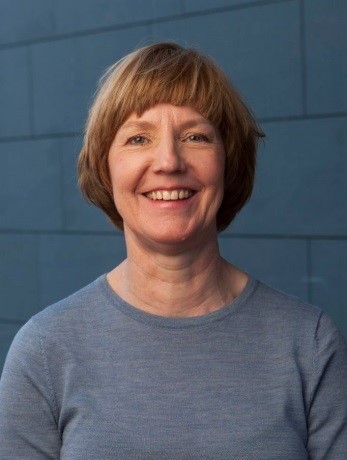
BIOACTIVE COMPOUNDS FROM MARINE SOURCES
Klara Stensvåg, The UiT The Arctic University of Norway, Tromsø, Norway
Professor Klara Stensvåg is the head of the research group in Marine bioprospecting at the Department
The Norwegian College of Fishery Science, Faculty of Biosciences, Fisheries and Economics, The UiT The
Arctic University of Norway (UiT), Tromsø, Norway.
Her main research focus is use of marine bioresources and to reveal and exploit bioactive compounds
thereof. The main activity in ongoing projects within marine bioprospecting and drug discovery is
antimicrobial compounds and bioactive peptides, to reveal novel compounds, but also to exploit their
mechanism of action.
She was the leader of the project focusing on mechanisms of actions of marine natural bioactive
peptides and of the Microbiology expert group in the recently finished researched project MabCent-SFI,
as Centre for Research Based Innovation (2007-2015) that was located at UiT.
She has earlier been working on fish immunology, defense molecules in marine invertebrates, and
participated in development of the first fish vaccine for fish (Atlantic salmon in aquaculture)
against a fish pathogenic bacteria.
She has been a member of a national scientific board in biotechnology (Fuge), but has also been
evaluator for science internationally.
The teaching experience is in Marine Biotechnology (biodiscovery and industrial biotechnology) and she
is the scientific leader of the educational program in Biotechnology (bachelor) and marine
biotechnology (master) at UiT. She and her team together with students and PhD students has
participated in project with collaboration internationally.
Exhibitors & Sponsors & Media partners & Supporters
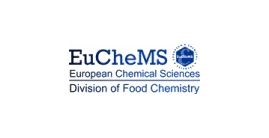
Last CRF in 2012
CRF 2017 associated events
SAVE THE DATE for RAFA 2017, 7-10 November 2017
Recent Advances in Food Analysis (RAFA 2015)




